Summaries of books about Biology:
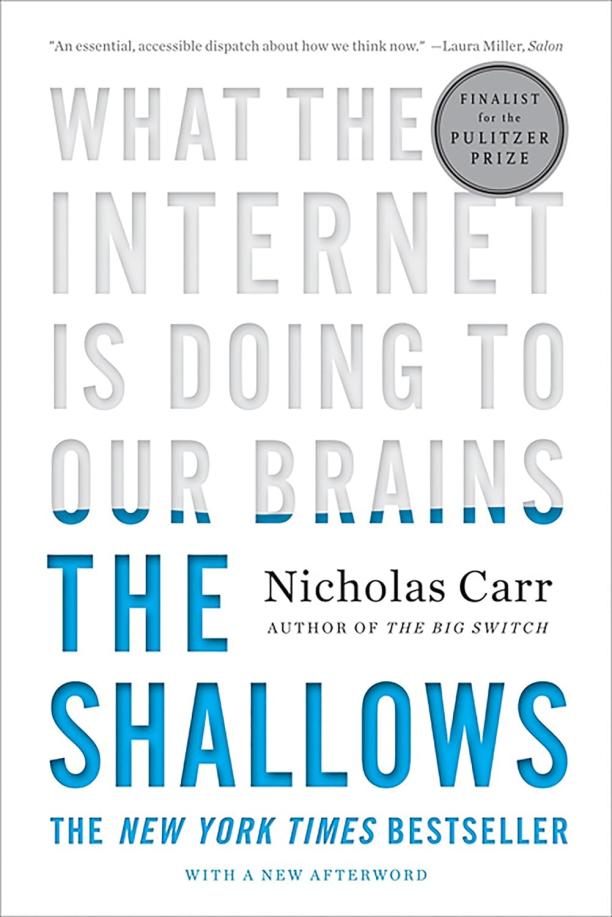
The Shallows
What the Internet Is Doing to Our Brains
Nicholas Carr
The book explores how the internet is changing the way we think, read, and remember, arguing that the medium's design for quick, scattered consumption is rewiring our brains to favor superficial learning over deep concentration and contemplation. It delves into the cognitive and neurological consequences of this shift, suggesting that our growing dependence on digital technology is diminishing our capacity for critical thinking and reflection.
See full summary
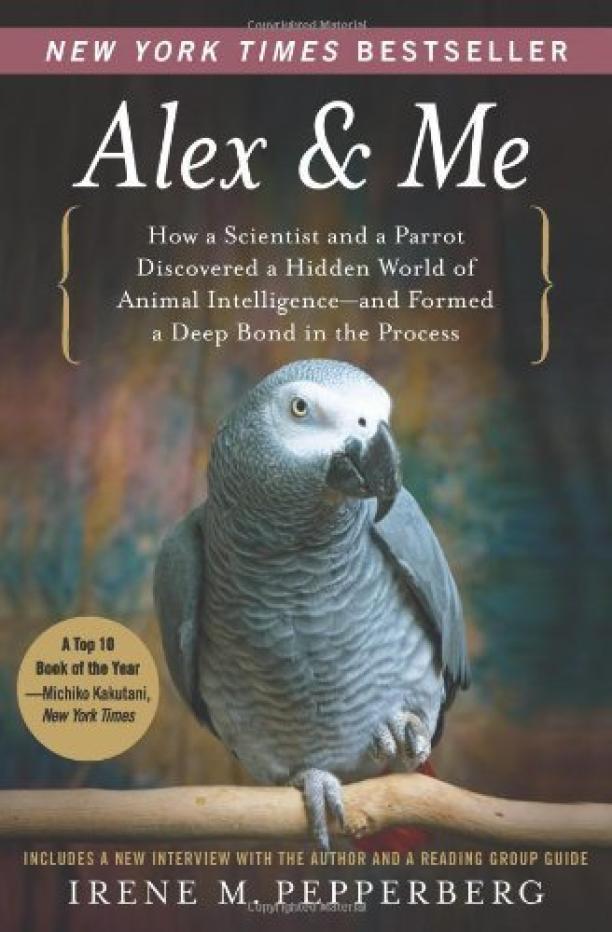
Alex & Me
How a Scientist and a Parrot Discovered a Hidden World of Animal Intelligence--and Formed a Deep Bond in the Process
Irene Pepperberg
The book recounts the remarkable story of a groundbreaking African Grey parrot named Alex and his relationship with researcher Irene Pepperberg, who studied his cognitive abilities. It explores the emotional connection they shared and the scientific discoveries they made about animal intelligence, communication, and the nature of consciousness.
See full summary
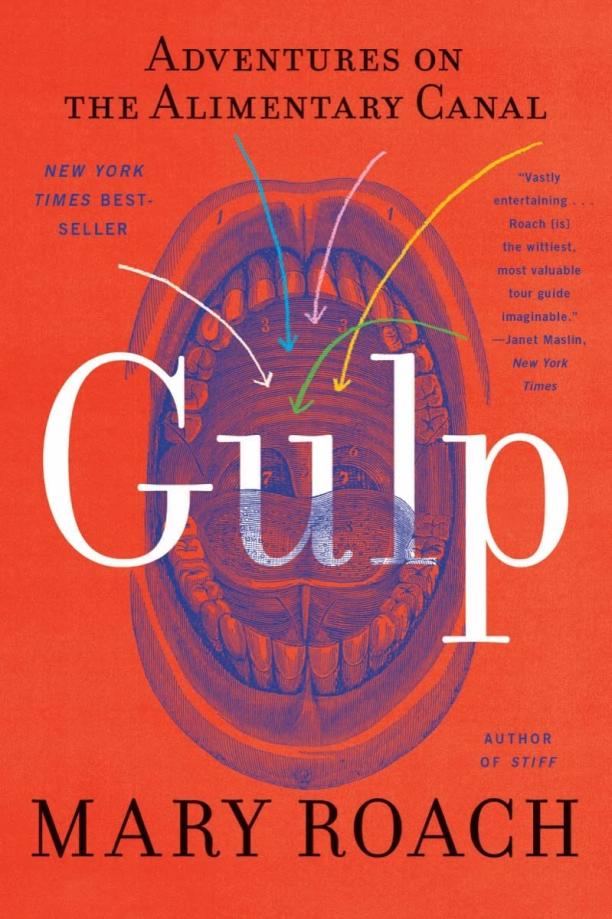
Gulp
Adventures on the Alimentary Canal
Mary Roach
The book delves into the human digestive system, exploring its peculiarities and the science behind how we consume and process food. It combines humor with research, taking readers on a journey from ingestion to excretion, while uncovering surprising facts and historical anecdotes about our alimentary canal.
See full summary
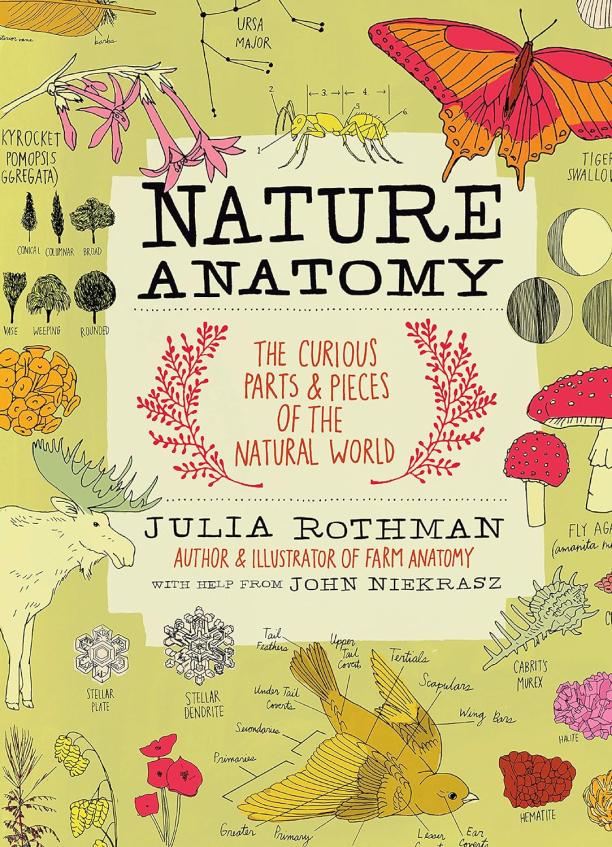
Nature Anatomy
The Curious Parts and Pieces of the Natural World
Julia Rothman
The book is a visual guide to the natural world, featuring hand-drawn illustrations that explore flora, fauna, geology, and ecosystems. It provides insights into various natural phenomena, from the anatomy of a jellyfish to the structure of a mushroom, in an accessible and artistic format.
See full summary
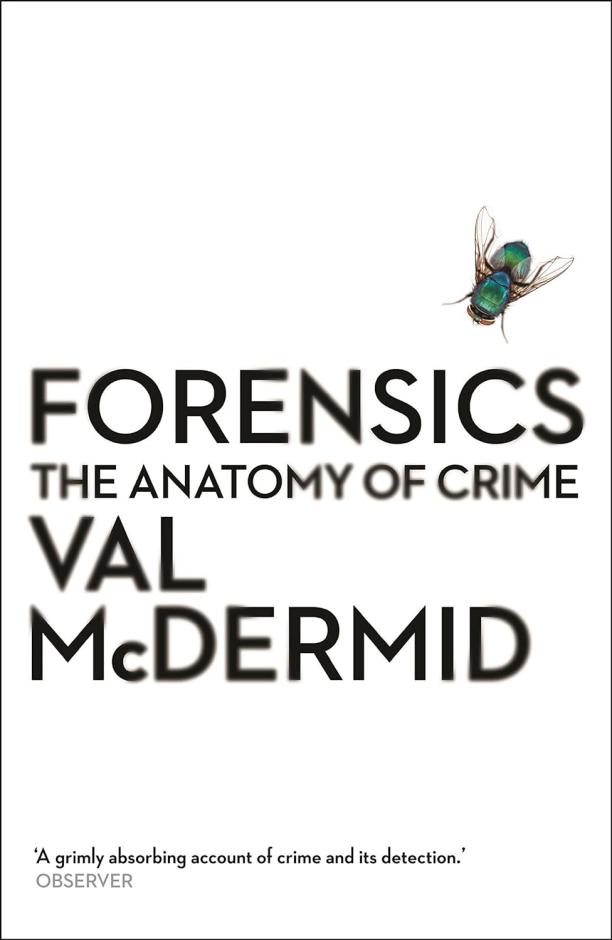
Forensics
The Anatomy of Crime
Val McDermid
The book delves into the history and science of forensic investigation, exploring various techniques and technologies used to solve crimes. It provides real-life case studies and insights from experts, illustrating how forensic evidence has evolved and continues to play a crucial role in the criminal justice system.
See full summary
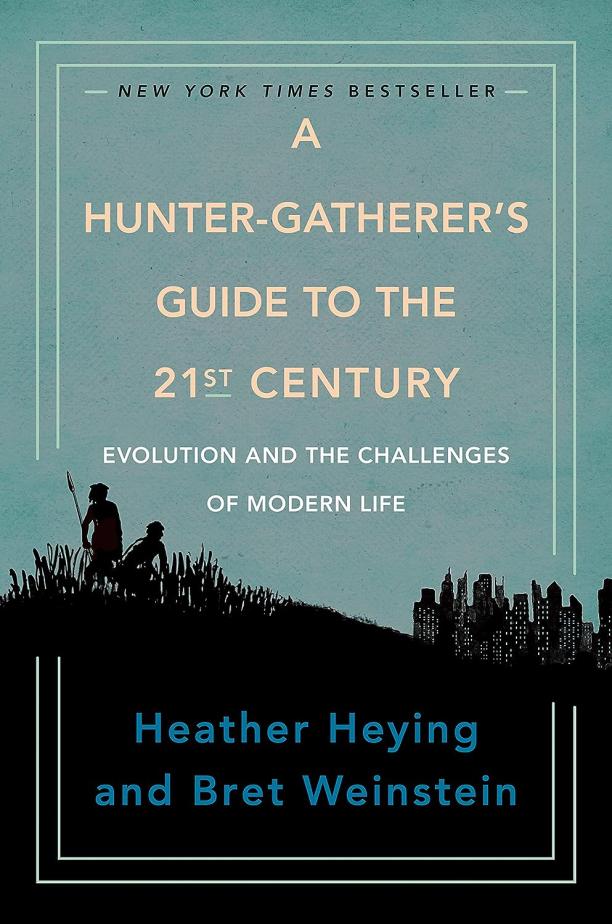
A Hunter-Gatherer's Guide to the 21st Century
Evolution and the Challenges of Modern Life
Heather Heying|Bret Weinstein
The book explores the mismatch between human evolutionary biology and the rapid changes of modern life, arguing that many contemporary social, health, and environmental issues stem from living in ways that differ significantly from those of our ancestors. It offers insights into how understanding evolutionary principles can help navigate the complexities of the 21st century, from relationships and parenting to diet and technology.
See full summary
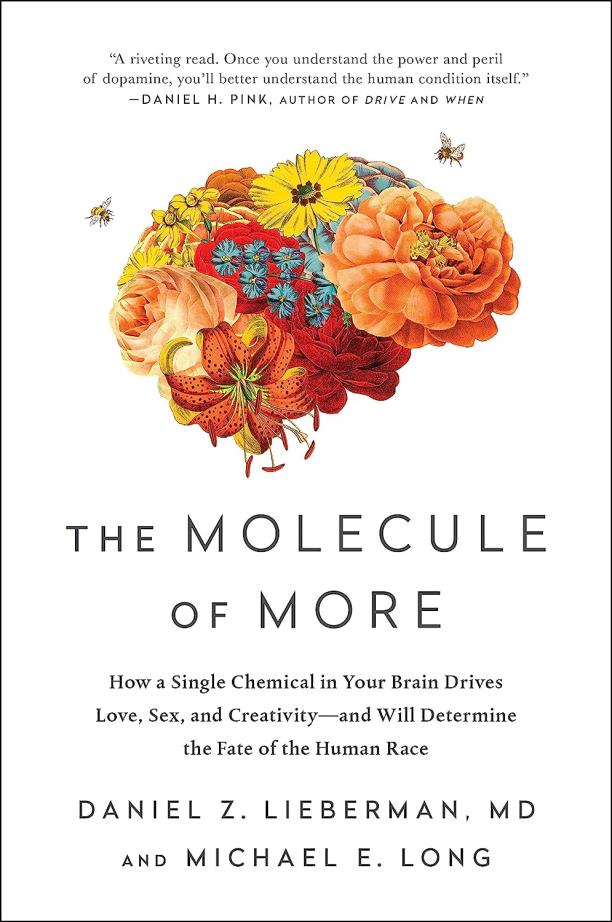
The Molecule of More
How a Single Chemical in Your Brain Drives Love, Sex, and Creativity--and Will Determine the Fate of the Human Race
Daniel Z. Lieberman|Michael E. Long
The book explores the role of the neurotransmitter dopamine in human behavior, explaining how it influences our experiences of desire, ambition, addiction, and creativity. It delves into the science behind why we seek novelty, the pursuit of future goals, and how dopamine shapes our decisions, potentially impacting the future of humanity.
See full summary

Inside of a Dog
What Dogs See, Smell, and Know
Alexandra Horowitz
The book delves into the canine mind, exploring the world from a dog's perspective, particularly focusing on their powerful sense of smell and how they perceive their surroundings. It combines scientific research with personal anecdotes to shed light on how dogs understand and interact with humans and their environment.
See full summary
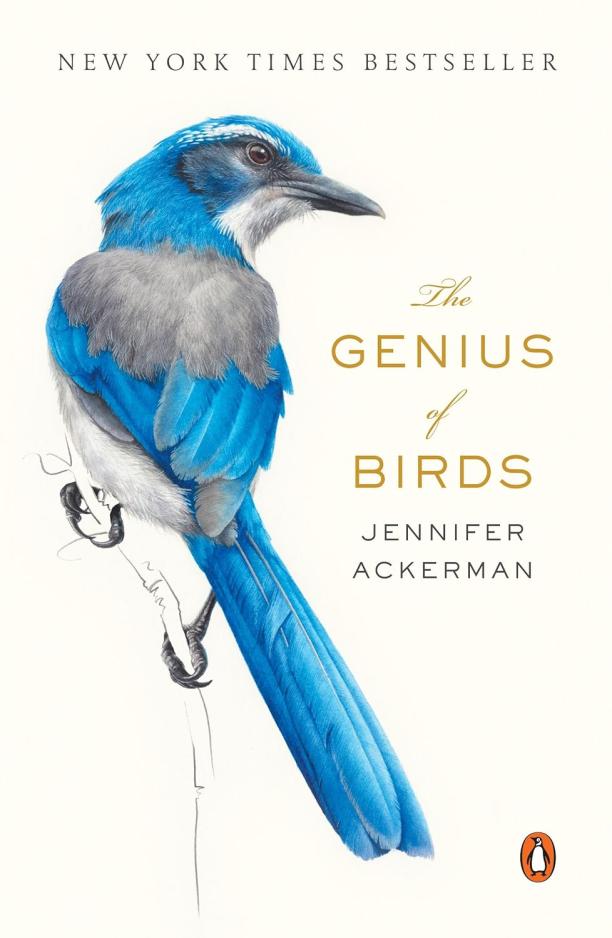
The Genius of Birds
Jennifer Ackerman
The book explores the intelligence of birds, delving into their problem-solving abilities, communication skills, and social structures. It presents scientific research and anecdotes that reveal the complex and often surprising cognitive capacities of various bird species.
See full summary

Deadliest Enemy
Our War Against Killer Germs
Mark Olshaker|Michael T. Osterholm
The book provides an in-depth look at the world of infectious diseases, detailing the threats posed by various pathogens and the challenges in combating them. It offers insights into public health strategies, the importance of preparedness, and the potential for future pandemics, drawing on the expertise of a leading epidemiologist.
See full summary